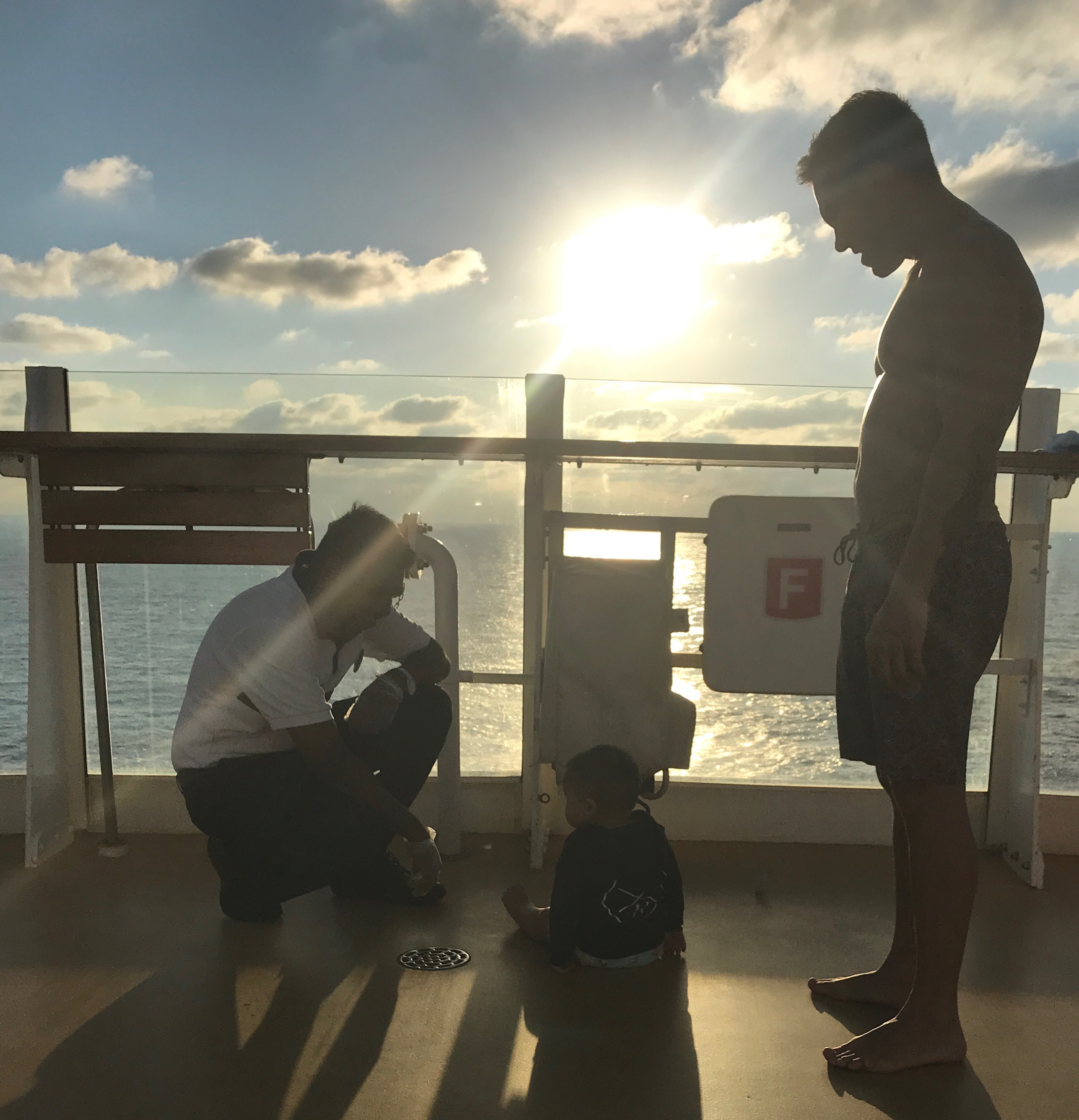Stranger Things: Randy Newman’s 12 Songs Turns 50
A quarter century before meeting Woody and Buzz, the L.A. songwriter walked the razor’s edge of sarcasm on his second studio LP

On the opening track of Randy Newman’s second album, 12 Songs, the narrator’s girl has run off somewhere, maybe with the milkman, maybe to dance in the woods with gypsies.
He has no idea, because she has a pattern of unpredictable behavior. He’s asked her not to talk to strangers, which seems like sensible advice, but she responds, “I’ll talk to strangers if I want to, ’cause I’m a stranger too.” Which is indisputable. 12 Songs is populated by as many strange characters and surreal situations as a David Lynch movie: a guy wanders into a party—even though his mother has cautioned him not to—and sees more than he’d bargained for; another guy strolls along a beach and comes across Lucinda, wrapped in a blanket, wearing her graduation gown; the singer of “Old Kentucky Home” matter-of-factly mentions that brother Gene (the singer’s brother? Maybe) whups his woman, and kicks mama down the stairs, but the singer just shrugs, “I’m all right, so I don’t care.”
12 Songs came out in April 1970. It was the start of a boomtime for singer-songwriters: Elton John’s debut had come out, Van Morrison’s Moondance, James Taylor’s Sweet Baby James, Joni Mitchell’s Ladies of the Canyon, Cat Stevens’s Mona Bone Jakon, all since the start of the decade. Randy Newman’s album didn’t have much to do with any of those, except sharing the same label (Warner-Reprise) with Morrison, Taylor, and Mitchell. It was darker and spookier (Ry Cooder’s bottleneck guitar was foreboding: there’s something unsettling happening here). And Newman’s songs weren’t narrated by Newman the writer; even though he often sang in the first person, you didn’t feel, as you did with James or Joni, that you were hearing artfully structured journal entries. These people, like the guy asking the Lord to deliver him a woman, not too young, not too educated or opinionated (a former date started talking about the war, and he didn’t want to hear about it), were clearly not “Randy Newman.” Neither was the singer of “Yellow Man.” When Newman sang that live, he made a point of introducing it as “a pinhead’s view of China.” Or the creepy protagonist of “Suzanne” who finds a phone number scrawled in a telephone booth, and calmly tells Suzanne that he’s going to wait in the shadows for her…and so forth.

Newman’s debut album, released in 1968, was also unlike most of the rock and pop music surrounding it. By that time, artists such as Judy Collins, Alan Price, the Beau Brummels, and Manfred Mann had begun covering Newman’s songs: “Living Without You,” “Simon Smith and the Amazing Dancing Bear,” “Love Story (You and Me),” “I Think It’s Going to Rain Today,” “Old Kentucky Home.” A few of those wound up on Randy Newman (sometimes called Randy Newman Creates Something New Under the Sun), an album of which Reprise was justifiably proud, but which sold zilch. It was as though it existed in a hermetically sealed musical world all its own, one that juxtaposed New Orleans R&B, vaudeville, Charles Ives, and classic Hollywood orchestrations (Newman came from a movie-music family) and had lyrics that were slightly off-kilter. “Love Story” is, in fact, a love story, but one that ends “We’ll play checkers all day, till we pass away.” On “So Long Dad,” the singer tells his father to drop by now and then, but make sure to call first. “Davy the Fat Boy” starts off as a tale of friendship and ends as one of heartless exploitation.
Reprise took out ads, cleverly composed by Stan Cornyn, trying to hip the record-buying audience to this talented fellow, and the label even redesigned the LP cover, but the public didn’t bite. Oh, well, at least the songwriting royalties were rolling in. And there was some underground word of mouth spreading among critics and adventurous members of the public. The buzz increased when, in 1969, Harry Nilsson decided to record an entire album of Newman’s songs, with Randy accompanying on piano. Nilsson Sings Newman was released in February 1970, and a lovely thing it is; it’s short, at just over 25 minutes, but perfect. Nilsson does “Vine Street,” which had appeared on Van Dyke Parks’s Song Cycle album, a batch of songs from Newman’s debut (“Love Story,” “Cowboy,” “So Long Dad,” “Living Without You”), and a few that Newman hadn’t gotten around to recording yet. It should have been a breakthrough introduction to the depth of Newman’s work, and a setup for the imminent 12 Songs (Nilsson’s take on “Yellow Man” was a preview), but the combination of Nilsson and Newman made no more of a chart impact than Newman without Nilsson had.
Newman did some solo club dates to “promote” 12 Songs (he probably would have found that idea amusing, since the album was, it’s fair to say, no Sweet Baby James at the cash registers), and came to New York City in September 1970 for a three-night engagement at the Bitter End. (The soundtrack for the movie Performance came out that month as well, on which Newman sang the stinging lead-off track “Gone Dead Train,” co-written by Jack Nitzsche and Russ Titelman, and once again with Cooder on guitar.) Titelman and Lenny Waronker thought it’d be a good idea to roll some tape at the Bitter End, and assembled a 14-song album. Reprise had no idea what to do with it. Most of the material was already on Newman’s two non-selling albums, and he was already working on a new one. The sales department, according to a press handout sent to writers, argued that a commercial release “would cause confusion and bitterness in the marketplace.” Which is pretty hilarious.
And so it was determined that the Randy Newman/Live would become a promo-only item, sent out to radio and press as another attempt to get the Newman bandwagon rolling, and it worked. But the fact that this existed, and was getting good reviews—it’s a zippy and engaging set that begins with 12 Songs’ “Mama Told Me Not to Come” and includes three other songs from the album, and Newman “hits” like “I Think It’s Going to Rain Today” and “Living Without You”—ticked some people off. Why couldn’t they buy it? As Newman continued working on the album that would become Sail Away (it was taking a bit longer than expected), Reprise thought why the hell not and sent the bootleg-resembling live LP to record stores. It became the first Randy Newman album to make (just barely) the Billboard chart.
Randy Newman/Live ends with “Lonely at the Top,” which was intended to be pitched to Frank Sinatra. Newman knows how ridiculous it is for him to be singing it himself. “Listen all you fools out there, go on and love me, I don’t care,” like that’s a real problem, mass adulation. In 1970, Newman’s recording career was still at an embryonic stage, and he hadn’t scored his first film yet (that would come in 1971, on Norman Lear’s Cold Turkey). So he chuckles when he sings, “All the applause, all the parades/And all the money I have made.” All the acclaim, all the Oscar nominations, all that would come later.
Oh, he has a new song out there, “Stay Away,” and it’s brilliant, of course, a message from confinement: “Venus in sweatpants,” he sings, “that’s who you are/And when this mess is over, I’ll buy you a car.” It’s the song we need now:
You’ll be with me
24 hours a day
What a lucky man I am
Stay away from me



